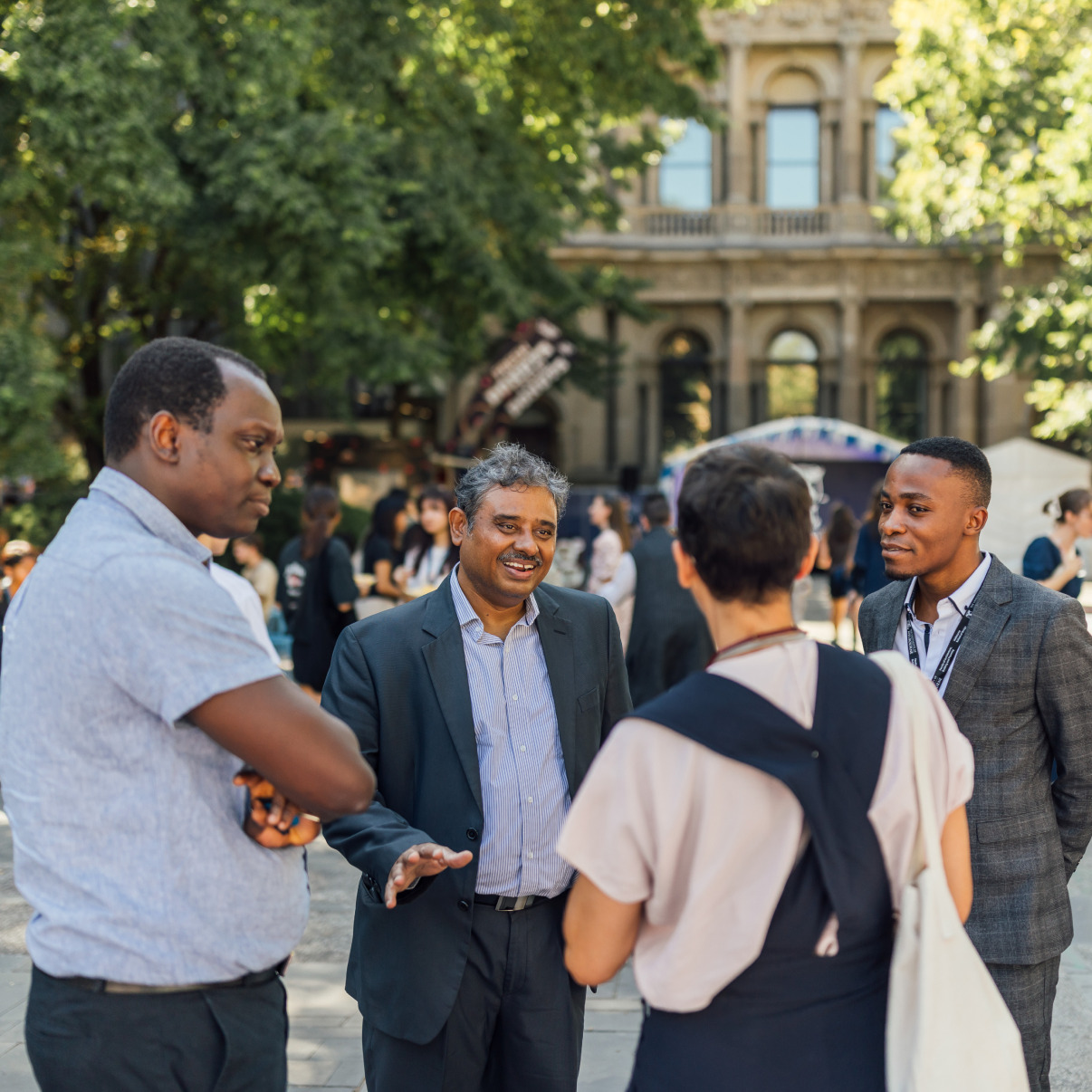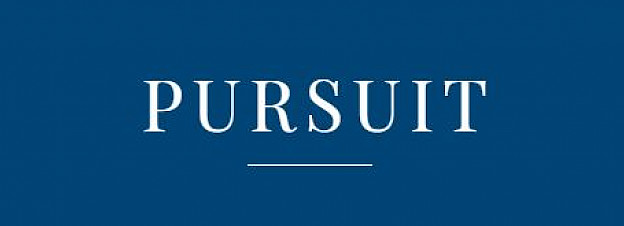
University of Melbourne Events Calendar
Featured events
IWD 2026 Panel Event: Balance the scales
Join us in celebration of International Women’s Day to listen to a panel of Indigenous female leaders as they respond to the International Women’s Day 2026 theme, “Balance the Scales”, followed by audience Q&A.
Balance the Scales is a promise that every woman and girl – regardless of background or identity – should be safe, heard, and free to shape their own lives.
Yet in 2026, too many across Australia and the world are still denied that fair go. Discriminatory laws, policies, and practices persist. Gender-based violence remains widespread, and structural barriers block too many from seeking or receiving justice.
These barriers are not inevitable. They are built – and they can be dismantled.
Equality is not about advantage for some; it’s about dignity, safety, and fairness for all.
When women and girls stand equal, families are stronger, workplaces are fairer, communities thrive, and society becomes safer for everyone.
This International Women’s Day let’s Balance the Scales together.
Date: Tuesday 3rd March 2026
Time: 2.30pm Afternoon tea refreshments | 3pm - 4pm Presentations
Venue: Q230 Theatre
Level 2, Kwong Lee Dow Building (Building 263)
234 Queensberry St, Carlton.
ACCESSIBILITY
If you have any support requirements in order to participate fully, please let us know via educationevents@unimelb.edu.au to ensure that we can arrange any reasonable adjustments.
Priscilla Kincaid-Smith Oration on Health
2026 Priscilla Kincaid-Smith Oration on Health
Social networks and community wellbeing and resilience
Delivered by Professor Pip Pattison AO, Emeritus Professor at the University of Melbourne and the University of Sydney
Please join us to hear Professor Pattison’s insights on social networks and community wellbeing and resilience.
Social connectivity isn’t just nice to have. It’s fundamental to how communities survive, adapt and flourish. Pip will take us through the latest science on social connectedness and community resilience, revealing how networks can shape our collective wellbeing and resilience.
The oration will be followed by a conversation and audience Q&A with Pip, hosted by Professor Lisa Gibbs, considering implications for today’s changing world and student communities in higher education settings.
Oration synopsis: Social networks and community wellbeing
Professor Pattison AO will review what we know about social relationships and social connectedness in a community and the wellbeing and resilience of the community and its members and outline recent advances that have been made in conceptualising and modelling the complex nature of these relationships.
With reference to an important case study, led by University of Melbourne and other colleagues, of community recovery following the tragic Victorian Black Saturday bushfires of 2009, Pip will highlight some of the new lines of inquiry that these advances provoke and conclude with some broader suggestions for how to continue to advance and make use of our evolving understanding of the social foundations of wellbeing and resilience.



